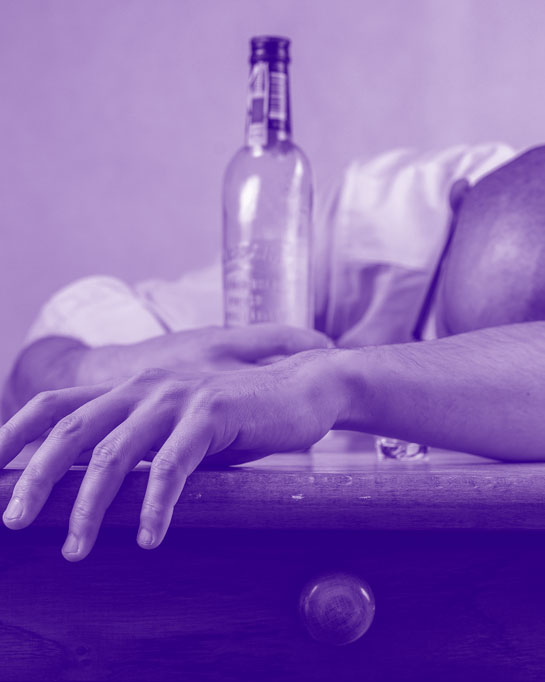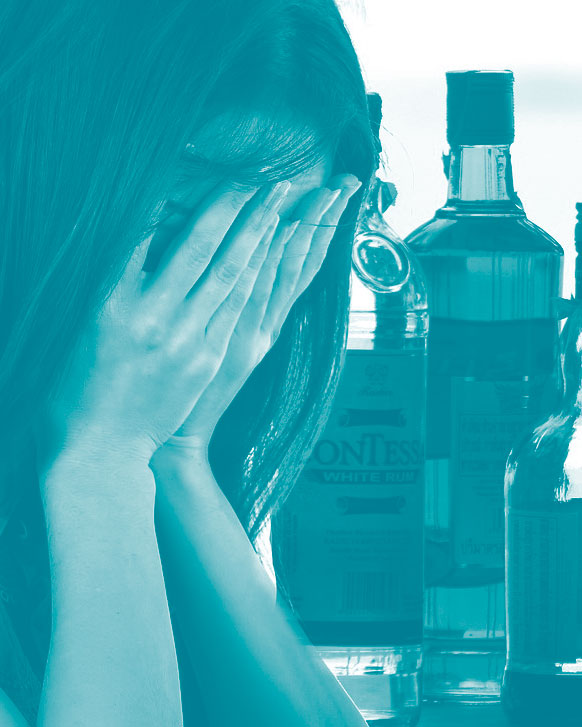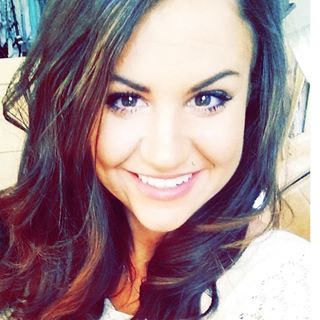The Myths I Believed About Recovery Prior to Getting Sober
Before I got sober, I couldn’t imagine what a life of recovery would look like. Not drinking seemed like a death sentence. I had grown up around alcohol my whole life. It was part of my world and it was part of the world of every other person I knew. When I turned 21, I usually had a glass of wine or cocktail at dinner. When I completed school and started working, I looked forward to having a glass of wine after a hard day of work. Alcohol helped me unwind. It released me from anxiety, burnout, being overwhelmed and fear.
by Lara Frazier
Although alcohol was not my substance of choice, I feared what my life would look like without it. Alcohol was my crutch. It was socially-acceptable. Although I had been popping pills to deal with my emotional pain, no one really knew this. It wasn’t normal for me to share about my prescription-pill use, but alcohol-use – this had always been okay.
When I first started realizing that I had a problem with substance-use, I went online to google how I could quit. My first addiction was to opiates and every time I tried to quit, the withdrawal was so terrible that I wouldn’t make it very far. Thus, I googled “how to quit pills” and I was led into articles and internet forums with other people who were trying to quit. There were various herbal remedies, tapers, and nutritional supplements that were recommended and I tried them all.
One of the members in the forums had also spoken out about how Narcotics Anonymous had helping him stop using. I had heard of Narcotics Anonymous and Alcoholics Anonymous previously, but I couldn’t imagine walking into one of those meetings. The movies depicted the meetings as something only rock-bottom addicts and alcoholics would go to. It took me nearly 3 more years of addiction before I was willing to walk into a meeting.
I had a number of myths in my own head about recovery and sobriety. After nearly 4.5 years of sobriety, these myths have all been de-bunked. Here are the ones I held onto the longest:

Myth 1: You must hit rock bottom before seeking help.
I have learned that early intervention is key. When we recognize we have an unhealthy relationship with alcohol or another substance, we are allowed to quit. I thought that only people with a “real problem” would or should seek help. When I first started mis-using alcohol and pills, I didn’t think my problem was big enough to seek professional help. Although, I did try to quit on my own, I didn’t realize that I could enter treatment, seek out a therapist, or speak to a doctor about my problem.
When I was in college, it was normal to binge-drink. Even though I recognized that alcohol wasn’t doing me any favors, I didn’t think that it would be necessary for me to quit. Again, my belief was that if you don’t hit rock bottom, then why seek help? If I don’t have any serious consequences in my life because of my drinking, then why would I quit?
Today, I have many friends who are “sober for the health of it.” They talk about their grey area drinking. They weren’t necessarily problematic drinkers, but their drinking existed somewhere along the spectrum of where it was no longer healthy.
There is also an argument that no amount of drinking is healthy. Alcohol is the common term for ethanol or ethyl alcohol and is a known human carcinogen. Thus, alcohol is actually poison and has the ability to cause cancer in a variety of people.
Myth 2: Sobriety is boring.
It took me some time to realize that sobriety was not boring. When I first got sober, I didn’t really know who to spend time with or what to do to occupy my time. Prior to recovery, my time consisted of popping pills and passing out on my couch OR going out to bars on the weekend until I passed out. Alcohol and pills had stolen my time.
Alcohol and pills had also stolen my ability to be present for the people in my life. Vacations, holidays, and other important memories are fuzzy and blurry because I was usually intoxicated the whole time. I thought that sobriety meant 12 step meetings and sober outings – like sober bowling or sober diner visits. These type of sober outings didn’t seem like too much fun. However, as I started to shift my thoughts about my own recovery – I started to see that sobriety was the opposite of boring.
Sobriety delivered everything alcohol promised. I found new friends who were seeking a life of courage and bravery. A life where they felt their feelings and didn’t mask them with a substance. I found a life full of richness and beauty. I started seeing my life as a gift. I re-discovered passions I had long forgot about. I started to dream big dreams and live those dreams. I had fun. I became someone I was proud to be.


Myth 3: You will never stop wanting to drink or use.
I didn’t think it was possible to life a life where I didn’t desire a drink. Every time I tried to quit, my cravings would overwhelm me. Plus, as I mentioned earlier, alcohol was my crutch. How would I go to weddings, on dates, or on vacations without wanting to drink?
There are two things I learned during my early recovery. The first was that the obsession to drink and use could be removed. People kept telling me this truth. It took a bit of time for me to believe it. It also took some work on my part. However, eventually the obsession to drink and use was removed.
The second thing I learned is that by re-framing my thoughts around alcohol and drinking – I could see alcohol for what it truly was. Alcohol is ethanol. It is a poison that steals your time. Giving up alcohol has been a constant return on investment. Now, I can’t even imagine my life with alcohol in it. (Nor, do I want to).

ABOUT LARA
Lara Frazier is a truth-teller, a sobriety warrior and a writer. She is a FIERCE believer in the power of owning our stories and is a strong advocate for addiction recovery. Lara shares a story of healing: in sobriety, through addiction, in life and love, and in all the other big huge moments of fear and magic that we rarely talk about, but we should. Find more of Lara’s work on her website at www.larafrazier.com or follow her on Instagram @sillylara.

